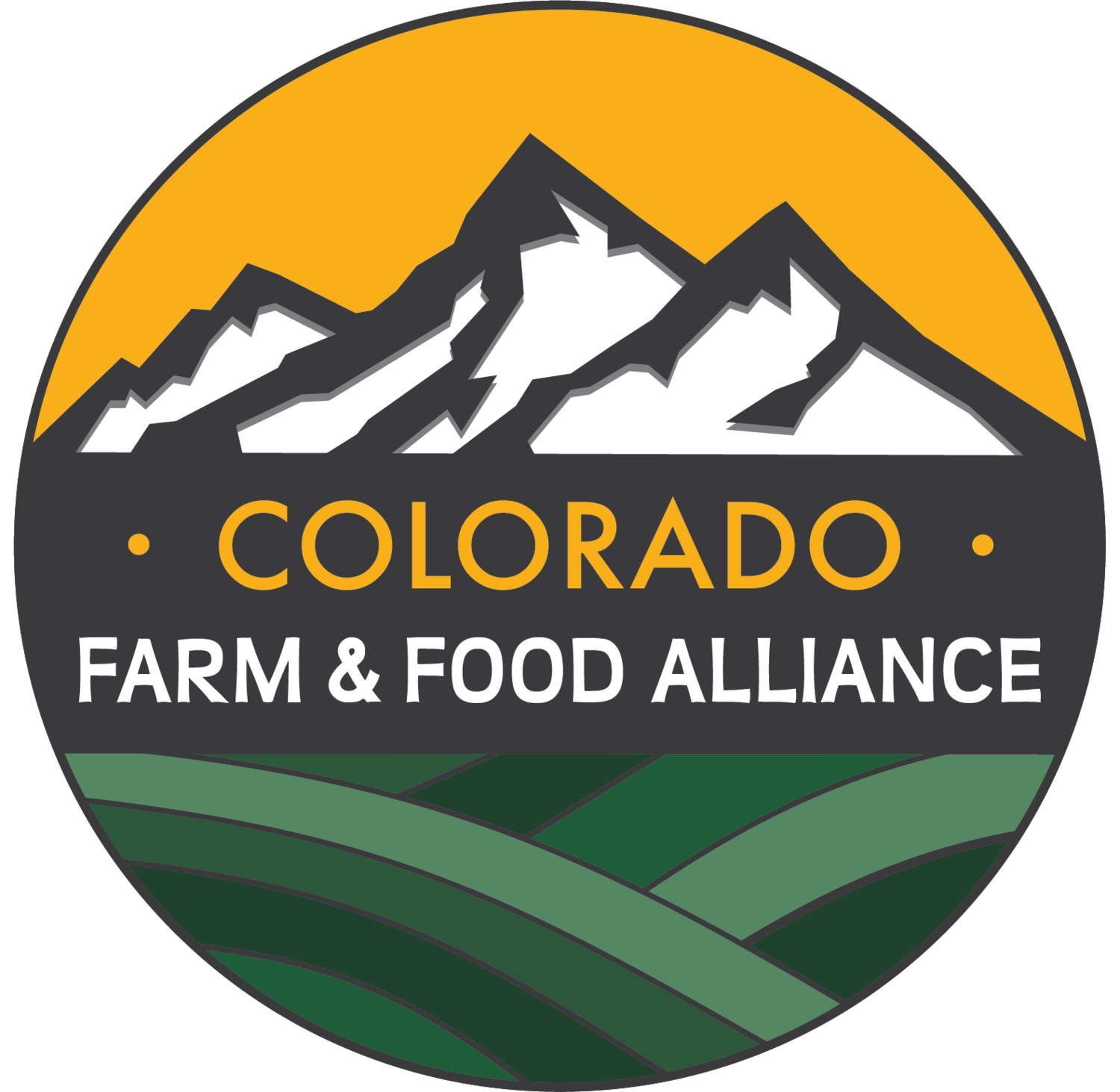CO Farm & Food Alliance Remarks at North Fork Valley Roundtable with U.S. Dept of Interior Secretary Deb Haaland
Good morning. I want to thank all of you for showing up in the North Fork, Madame Secretary, our Senators, and to thank the rain for showing up in the valley too. I am Pete Kolbenschlag, representing the Colorado Farm & Food Alliance. We work to catalyze action in the local food movement around economic security, rural equity, and resilience. We also seek to elevate rural leaders as climate and conservation advocates.
I’ve lived in the valley for over 20 years. I coordinated the leaders group that developed the North Fork plan which became a sub-alternative in the Bureau of Land Management’s Uncompahgre draft EIS/Resource Management Plan. We appreciate your attention to that. The final plan is poorly conceived and the state and several other groups have filed lawsuits that your office has now inherited.
Today I wanted to talk more broadly than the BLM, since Interior is such an expansive department. And to you Madame Secretary, who can help align priorities in a “whole of government” approach, which I know is the administration’s strategy.
The climate crisis is joined with a biodiversity crisis too. So, Interior has a unique role: managing the mineral estate, BLM, parks and wildlife lands, earth science, federal water projects and our most sensitive species.
And Interior’s role and relationship with Tribal Nations gives it other obligations that must be recognized. I am grateful for your leadership to center those more fully. And Tribal Nations too have much to gain from community- and place-based conservation strategies.
The Interior Department touches everyone, at least out here. And prioritizing conservation and climate action can lift up many that have been harmed or left behind. So, we support the oil and gas leasing pause, and urge that strong reforms follow. Public lands should not be managed under an extractive model. These are reservoirs of ecological services in a world that badly needs them.
And we support 30X30. As wildlife manager working with the state, as mineral administrator on public lands, and as the US’ largest land manager, Interior is critical to its success.
Of course, wildlife, water, or climate impacts pay no attention to map boundaries. 30x30 offers the opportunity to support conservation on private lands that can benefit landowners and improve watersheds, wildlife habitat, and the carbon-balance. But it will require working with other cabinet-level agencies, like USDA, to manage at a landscape and watershed level.
2021 is already the worst fire season ever-- in Siberia. It's likely to be that here too. But the problem isn’t limited to the US, or subject to simple solutions like increasing timber sales or raking forests. Global heating is a global crisis. Forests everywhere are responding how science says they will, by burning.
Land use contributes up to a quarter of our climate pollution and fossil fuel development from public lands contributes a similar amount. Conservation and curtailing fossil fuel development will begin to make a difference right now. And no other solutions will work without also doing those things.
If we wish to prosper in the Southwest it is time we make that Mission #1.
Thank you for your leadership and for visiting the North Fork Valley, Delta County, and western Colorado.
